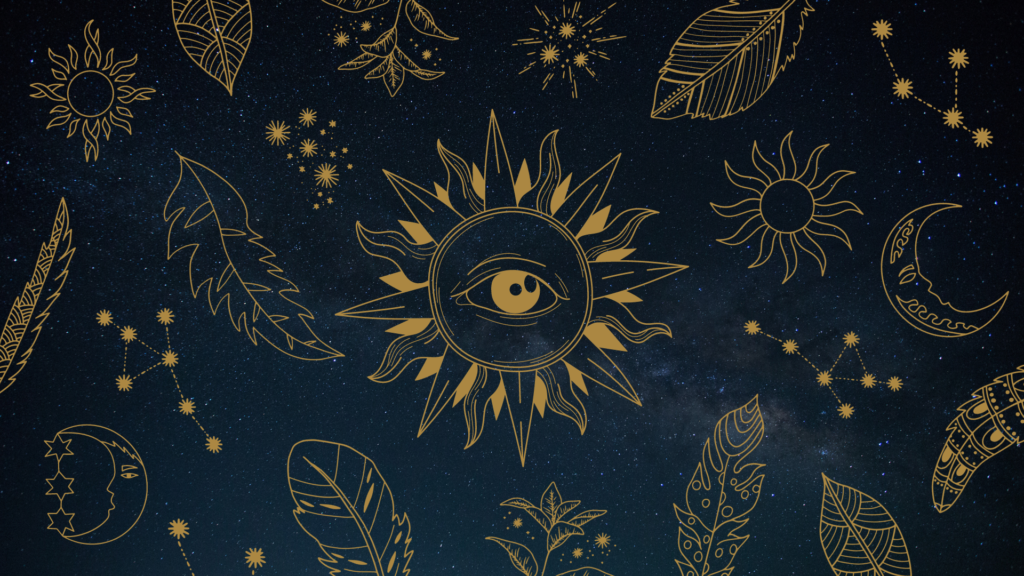Astrology, often regarded as a pseudoscience, has been an integral part of human civilization for centuries, providing individuals with a unique lens through which to view their lives and the cosmos. While opinions on its scientific validity may vary, many argue that astrology offers several potential benefits to the human race, primarily in the realms of self-reflection, personal growth, and even a sense of connection to the universe.
One of the key advantages of astrology lies in its capacity to foster self-awareness. By exploring the intricacies of one’s astrological birth chart – a personalized map of the positions of celestial bodies at the time of their birth – individuals gain insights into their personality traits, strengths, and potential challenges. This introspective journey can contribute to a deeper understanding of oneself, prompting individuals to reflect on their behaviors, motivations, and life choices.
Moreover, astrology has the potential to serve as a tool for personal growth and development. By identifying astrological transits and progressions, individuals may anticipate upcoming periods of change or challenges, allowing them to prepare and navigate these experiences with a greater sense of purpose. The symbolic language of astrology provides a framework for interpreting life events, encouraging individuals to embrace personal growth opportunities and learn from their experiences.
In addition to individual benefits, astrology can contribute to a sense of interconnectedness with the cosmos. Many cultures throughout history have viewed celestial bodies as influencers of human affairs, and astrology encapsulates this belief. The notion that our lives are intertwined with the movements of celestial bodies can foster a profound sense of connection to something larger than ourselves, promoting a sense of purpose and meaning in the face of life’s uncertainties.
Astrology’s influence is not confined to the realm of self-discovery; it also extends to interpersonal relationships. Compatibility analyses based on astrological signs are commonly used to explore potential dynamics between individuals. While these analyses should be approached with a degree of skepticism, they can offer a starting point for understanding the dynamics of relationships and promoting communication and empathy between partners.
Critics argue that astrology lacks empirical evidence and scientific backing. However, proponents assert that its value lies in the subjective experiences and insights it provides to individuals. The psychological impact of astrology can be substantial, offering a framework for interpreting the world and one’s place in it. As a tool for introspection, personal growth, and a sense of connection, astrology has endured through centuries and continues to be embraced by individuals seeking meaning and guidance in their lives.
In conclusion, while astrology may not be universally accepted as a science, its enduring popularity suggests that it offers meaningful benefits to many individuals. Whether as a tool for self-reflection, personal growth, or fostering a connection to the cosmos, astrology has played a role in shaping human perspectives and experiences throughout history. As long as individuals approach it with an open mind and a healthy dose of skepticism, astrology can be a source of insight and guidance in navigating the complexities of life.

